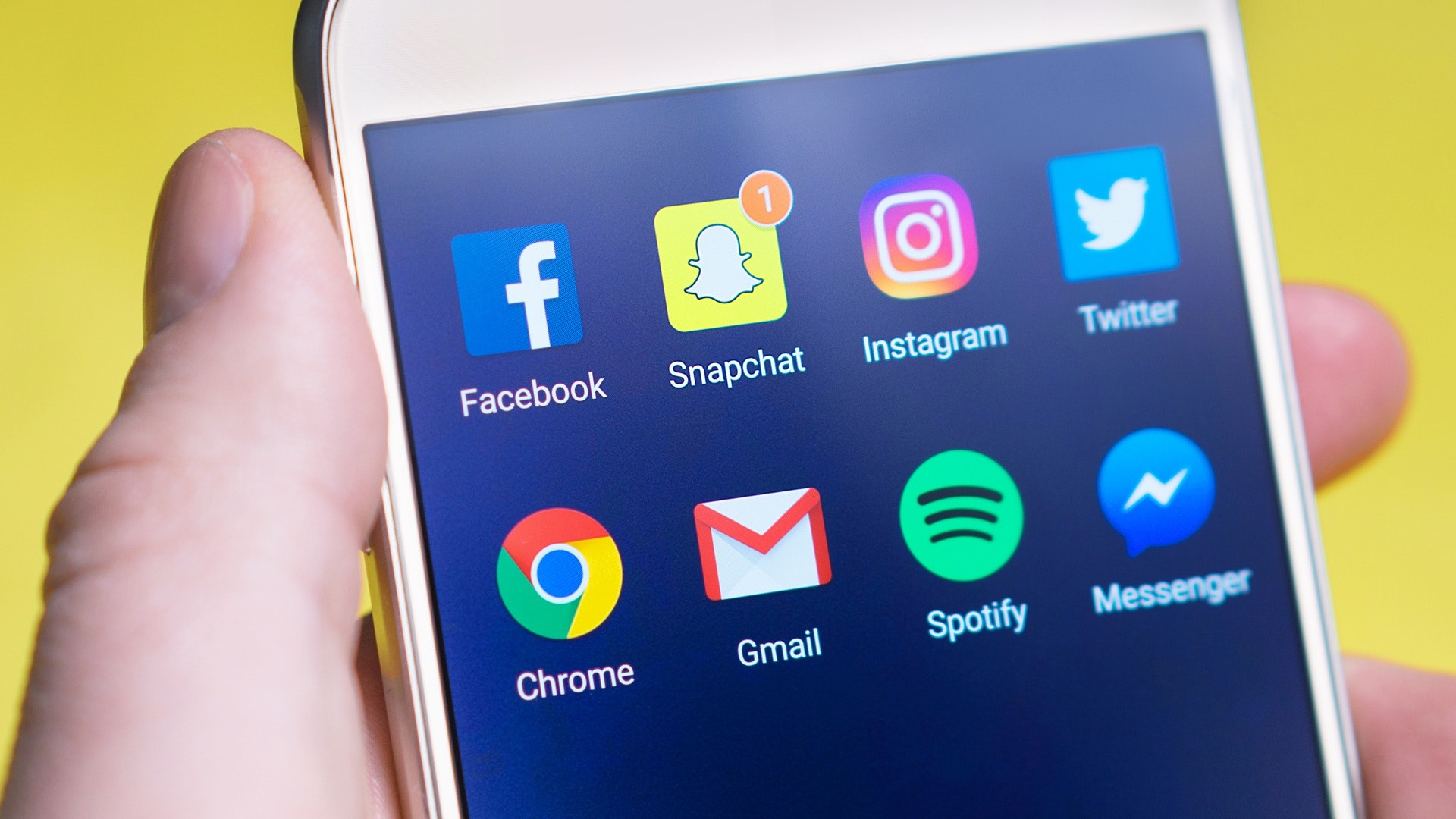WASHINGTON (March 19, 2024) – Maryland lawmakers endorsed a bill that would ban big tech companies from tracking children’s data to push targeted ads or manipulate their behavior for profit by serving content designed to keep them on the app. The legislation is called the Maryland Kids Code and it’s intended to address the horror stories around social media addiction and concerns over children’s worsening well-being.
Faculty experts at the George Washington University are available to offer insight, commentary and analysis on the bill, including topics related to social media addiction, youth mental health and health privacy. If you would like to speak with an expert, please contact GW Media Relations at gwmedia gwu [dot] edu (gwmedia[at]gwu[dot]edu).
gwu [dot] edu (gwmedia[at]gwu[dot]edu).
Vikram Bhargava, assistant professor of strategic management and public policy, focuses his research around artificial intelligence, technology addiction, mass social media outrage, and other topics related to digital technology policy. Bhargava authored a research article in Business Ethics Quarterly, titled "Ethics of the Attention Economy: The Problem of Social Media Addiction", which dives into why scholars, policy makers, and the managers of social media companies should treat social media addiction as a serious moral problem. He can speak to the role businesses and social media companies play in using algorithms and other AI tools to make their products more addictive.
Bhargava has said, “Whatever the social media companies’ intentions may be, social media platforms are designed in a way to be addictive for children. This social media addiction raises ethics and policy concerns not raised by other addictive products (e.g., cigarettes or alcohol). Paying attention to how they are affecting our children and teens is of urgent importance.”
Mohana Mukherjee, visiting faculty, is a sociologist specializing in crime, cyber-criminology, and youth conflict. With over a decade of experience in the field of sociology, particularly in the realm of crime and deviance, her research pursuits cover a range of themes, including investigations into school bullying, youth conflict dynamics, the intricate interplay between sexual assault and criminal conduct, as well as cyber-criminology with a specific focus on cyberbullying and image-based sexual harassment.
Tony Roberson is an associate professor at the GW School of Nursing. He has authored numerous publications and presented at national and international conferences in the area of his research and clinical expertise, adolescent psychiatric mental health. Roberson can discuss the impact of social media on teens’ mental health.
Lorien Abroms is a professor of prevention and community health at the GW Milken Institute School of Public Health. She has studied how social media and digital communication technology can be used for health promotion. She can also talk about the potential for negative impact on teens and young adults.
-GW-




